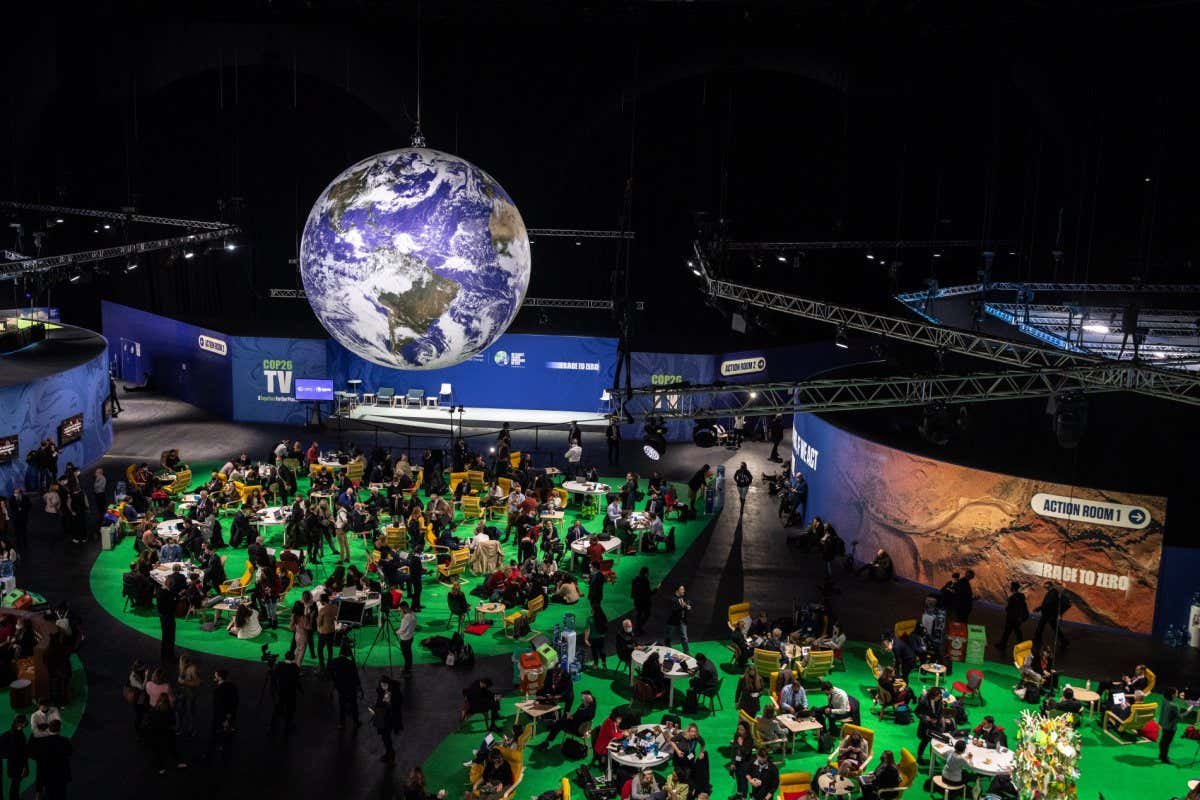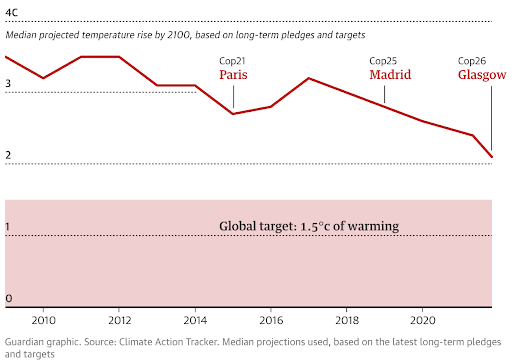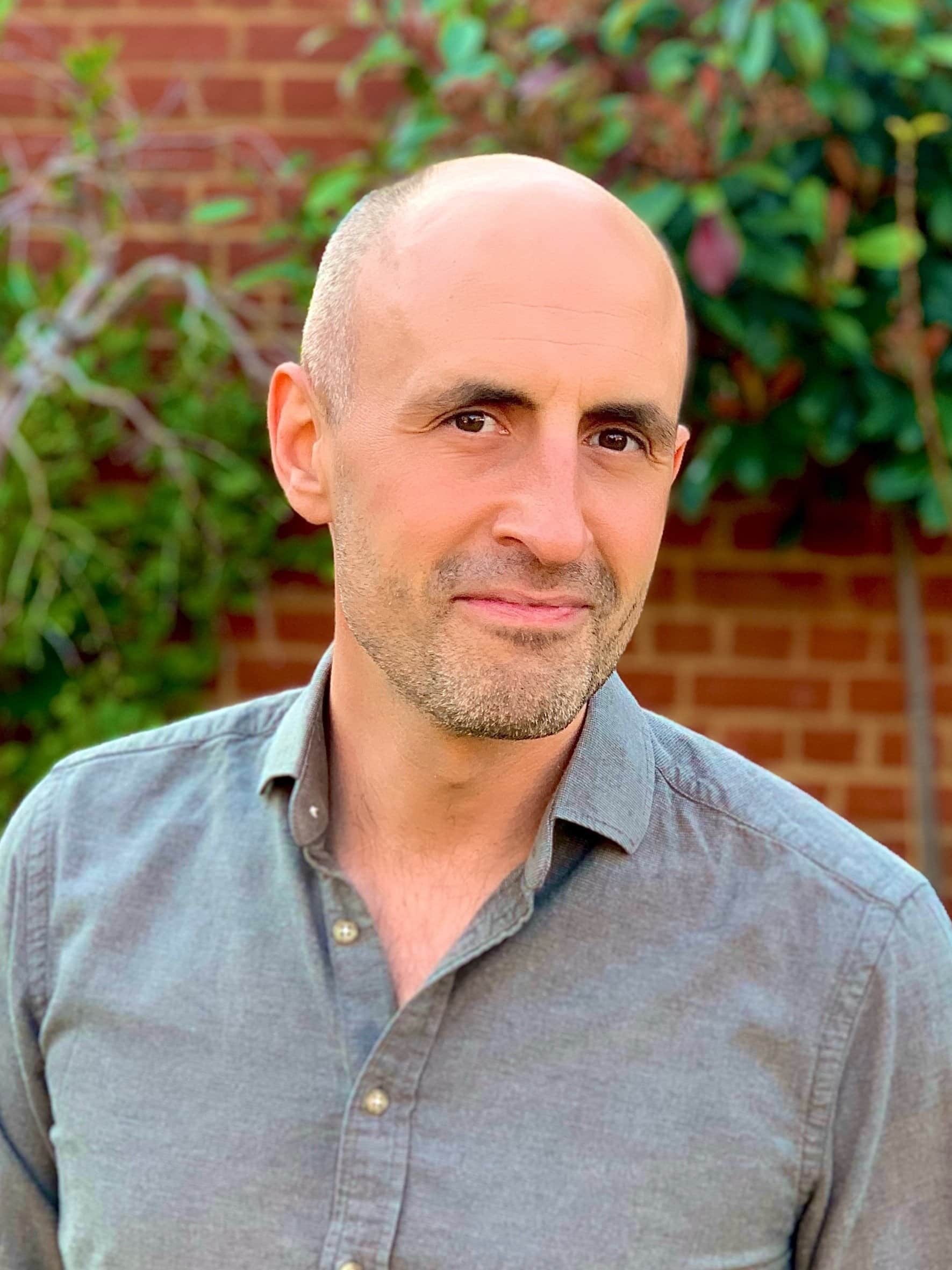As Alok Sharma brought the gavel down at COP26 with the weight of the world on his shoulders, the billions of us who have been looking at Glasgow with hope for more felt a huge sense of disappointment.
The endeavours of the climate negotiators should be praised as the Glasgow Climate Pact thankfully did conclude with much progress against the challenging backdrop of the pandemic, but it falls so far short of what is needed to put the fire out. Our political leaders have once again relied on the ‘solutions will be found’ narrative as a get out clause for their compromised commitments.
The positive commentators are calling COP 26 the most ambitious, the most comprehensive climate agreement ever, but this cannot define success. The pledges within the Glasgow Climate Pact add up to 0.6 degrees above the goal of a 1.5 degrees warming pathway according to median projected temperature rises which are based on the latest long-term ledges and targets.
This outcome would mean loss of counties, lives, ecological systems, and massive population shifts by climate refugees. Aminath Shauna, the Maldives’ minister for environment, climate change and technology plainly pointed out that “The difference between 1.5 and 2 degrees is a death sentence for us”.
UN secretary general Antonio Guterres hit the nail on the head following the conclusion of the approved texts: “Our fragile planet is hanging by a thread. We are still knocking on the door of climate catastrophe.”
So, what now?
We still have an outside chance of keeping within the 1.5 degree warming pathway. All countries have agreed to return to the negotiating table at COP27 next year in Egypt, with the intention of increasing the ambitions and commitments.
The 99% of us who are not involved in the political negotiations may feel despair and dejection as we discuss the outcomes with colleagues this week, and ask what implication this means for us and the organisations, societies and markets in which we operate.
The spotlight on the #climatecrisis during COP has been felt. Business leaders from across the globe have been focused on the crisis during these two weeks as media and public interest has reached an all time high.
As I arrived in Glasgow at the beginning of the first week, I was struck by the corporate and media presence. CEOs and huge exhibition stands of some of the world’s largest brands were out in force. The sceptic in me was seeing “greenwashing” all around, but then I moved to the realisation that although there was a dose of overstated claims (which needs to be stamped out and increasingly scrutinised), authentic corporate presence at COP means increased investment in business action which is where the focus now sits.
What we are encouraged to see from Glasgow is the unprecedented convergence between investors & businesses. This is of course critical for action. We will continue to see positive shifts in social, market and investment dynamics, and I feel now more than ever in my 20 years in sustainability, there is the opportunity and responsibility for business to lead the shift we so urgently need to keep within that all important 1.5 degree warming pathway.
For those in the business community, it is clear you will need to slash emissions this decade, driven by your scope 3 stakeholders – suppliers, employees, and consumers. Your moral and social licence to operate is contingent on this.
Your customers, your staff & your shareholders are ready to vote with their feet and their wallets, and will not need to wait for government commitments or pledges to make their choices.
At international, national, organisational and personal levels, we need a seismic shift.
Let’s get to it.




